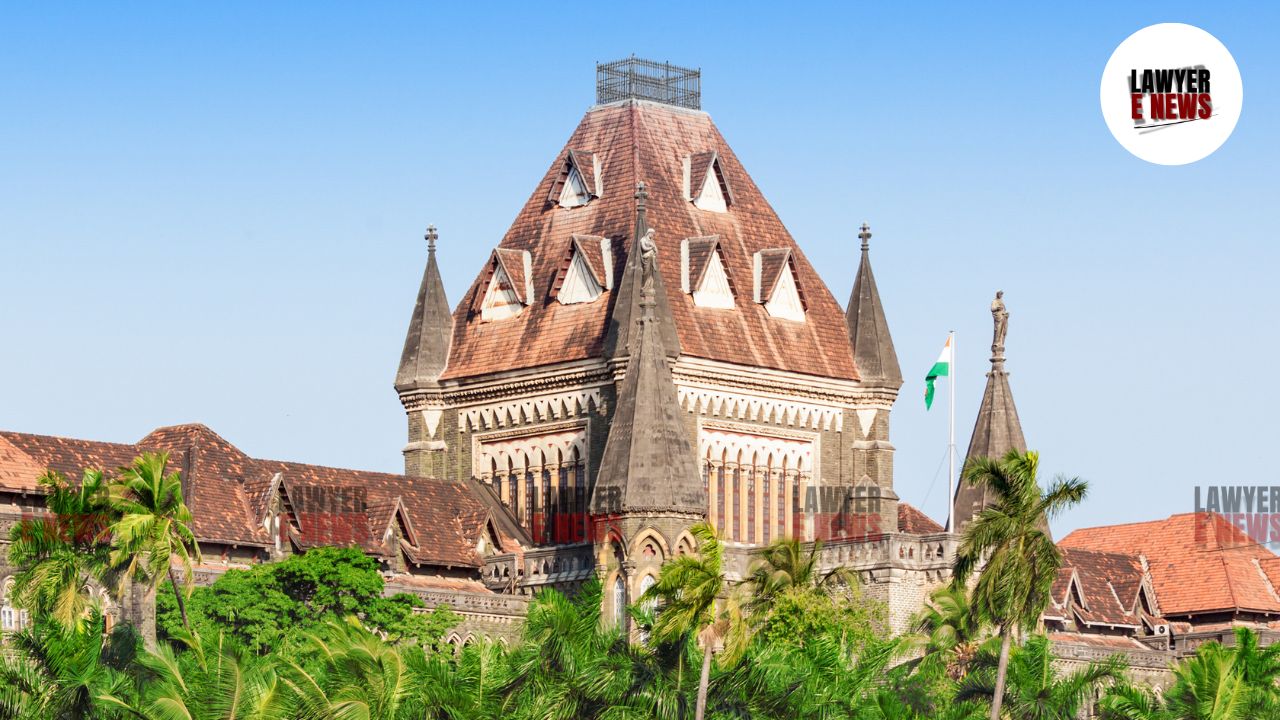-
by Admin
19 February 2026 3:14 PM



DNA Evidence Alone Cannot Justify Pre-Trial Punishment Without Full Proof During Trial: - Bombay High Court delivered a significant ruling concerning bail rights under Section 439 of Cr.P.C. for an accused facing serious allegations under Section 376(3) IPC and Section 6 of the POCSO Act. While acknowledging the sensitivity attached to sexual offences involving minors, the Court emphasized that "presumptions under the POCSO Act are not absolute" and that prima facie facts must be carefully assessed at the bail stage. The Court granted bail to the applicant after an exceptionally long period of incarceration pending trial, highlighting the need to avoid "pre-trial punishment based on unproven DNA reports."
The applicant, Rupesh Tukaram Kondhalkar, was accused of committing aggravated sexual assault on his minor cousin during her stay at his residence in January 2022. The FIR, lodged much later on July 3, 2022, alleged two specific incidents of assault. Following the victim's discovery of her pregnancy, a DNA test linked the applicant to the fetus. The prosecution relied heavily on the DNA report to oppose bail, while the defense argued the lengthy delay, discrepancies in statements, and the improper reliance on the DNA report without it being formally proved.
Firstly, the applicability of the presumption under Section 29 of the POCSO Act at the bail stage. The Court categorically stated, “Presumption under Section 29 of the POCSO Act is not absolute. The Court must examine whether foundational facts exist before applying such presumption.”
Secondly, the Court examined the reliability and timing of the DNA evidence. It observed, “Reliance on an unproved DNA report at the pre-trial stage would amount to pre-judging the accused without giving him a fair opportunity to challenge it.”
Additionally, the Court noted the delay in the DNA analysis, discrepancies in the prosecutrix’s statements regarding her stay at the accused’s house, and the absence of corroborative witness testimonies. It pointed out, “Stoic silence from January to July 2022 raises serious doubts, especially when the alleged assaults happened in the presence of family members.”
The Court underscored that "delay in lodging the FIR or discrepancies in the medical examination timeline cannot be overlooked at the bail stage when seen together with long incarceration and pending trial uncertainties."
The Court meticulously balanced the principles of presumption under POCSO and the fundamental rights of the accused to fair trial and liberty. It stressed that while Section 29 of the POCSO Act shifts the burden onto the accused, it does not imply blind acceptance of the prosecution’s case without scrutiny.
Importantly, Justice Milind N. Jadhav observed: "The presumption would come into play only when the prosecution is able to bring on record facts that would form the foundation for the presumption. Otherwise, all that the prosecution would be required to do is to raise some allegation against the accused and claim it as gospel truth."
On DNA evidence, the Court remarked: "DNA report being an opinion must be proved in evidence. Without cross-examination of the expert or examination of proper foundational facts, relying solely on DNA analysis at the bail stage would cause irreversible prejudice."
Given the long incarceration of 2 years 8 months and the lack of any certainty about trial commencement, the Court granted bail to the applicant with stringent conditions to ensure no tampering with evidence or intimidation of witnesses.
The Bombay High Court, through this important ruling, has reiterated that "presumptions under special statutes like POCSO cannot override the basic protections of criminal jurisprudence." The judgment makes it clear that reliance on DNA evidence at the bail stage, without full proof, must be cautious and mindful of the rights of the accused. The bail was granted primarily considering the prolonged incarceration, procedural lapses, and the need to preserve the fundamental presumption of innocence until proven guilty.
Date of Decision: April 23, 2025
